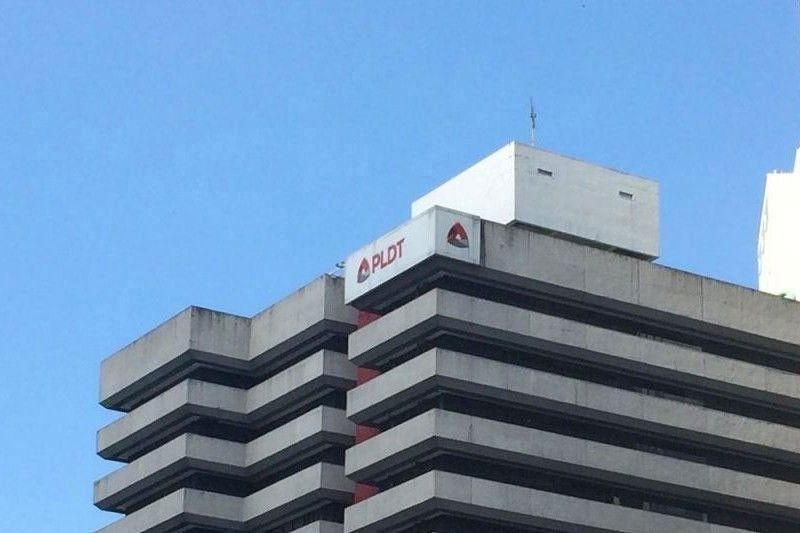PLDT, Smart block access to 650 fraud-linked sites

MANILA, Philippines — Telecommunications giant PLDT Inc. and its wireless subsidiary Smart Communications Inc. blocked a total of 650 sites linked to text scams, especially smishing, in the first semester.
PLDT yesterday reported that it restricted access to more than 100 domains and uniform resource locators (URLs) involved in the circulation of text scams in June as part of its efforts to stop fraud.
PLDT’s first vice president and chief information security officer Angel Redoble said blocking the sites adds another layer of security for unsuspecting customers targeted by scammers.
For the first half of the year, Redoble said the combined work of PLDT and Smart resulted in the access prevention to 650 sites. These domains and URLs were found to be tied to organizations engaged in data theft and smishing activities.
Smishing refers to text messages that intend to deceive customers by appearing as notifications sent by bank representatives, recruitment agencies, tour operators, among others. These text messages contain links to sites that trick victims into divulging their personal and sensitive information.
Smart’s Cybersecurity Operations Group (COG) explained that the internet is composed of at least three layers, where the deeper it goes, the riskier it gets.
The COG explained that the initial layer called the surface pertains to sites that can be accessed by anyone and it makes up about 10 percent of the internet.
The second layer, or the deep web, hosts exclusive sites for particular groups and subscriptions that require membership credentials.
Within the deep web lies the dark web, the last layer that the COG describes as a hotbed for illegal activities, including money laundering.
The deep web and the dark web require special browsers to access them, even as they reportedly comprise the other 90 percent of the internet.
“Most phishing sites are tucked in the deep web. When cyber criminals have acquired a victim’s personal data, they use this to access the victim’s bank accounts or even trade them in the dark web,” Redoble said.
To counter fraud, PLDT and Smart invested nearly P3 billion in strengthening their cybersecurity infrastructure last year.
Last month, the National Telecommunications Commission instructed the telco players to warn their customers against the prevalence of spam messages that lure Filipinos into fake jobs.
- Latest
- Trending
































